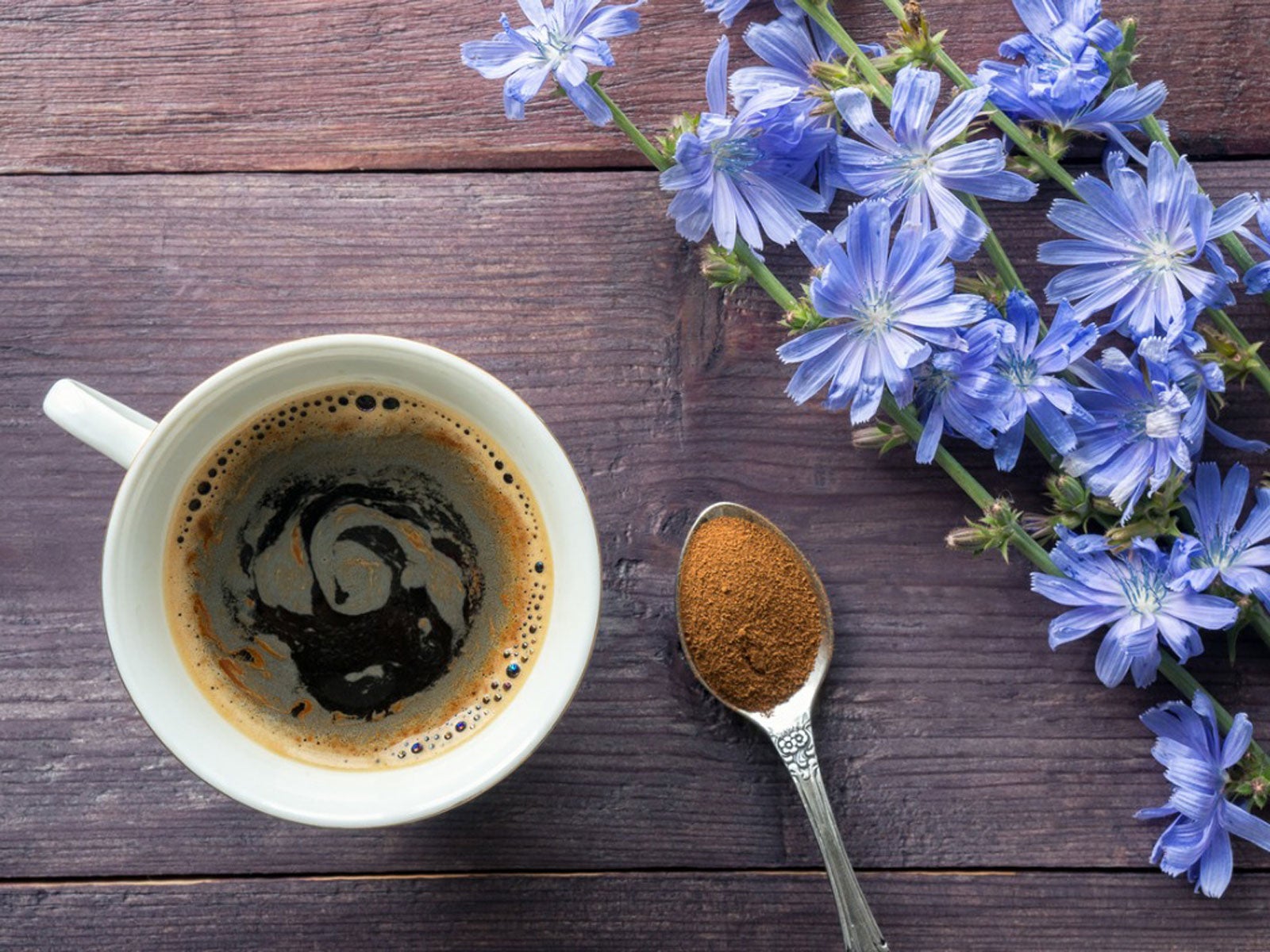Alternative Coffee Plants: Grow Your Own Substitutes To Coffee


If you are looking for substitutes to coffee, look no further than your own backyard. That’s right, and if you don’t have the plants already, they are easy to grow. If you’re not a green thumb, many of these alternative “roots” are available at local health food stores.
Growing Coffee Substitutes in the Garden
Online bloggers who have tried these alternative coffee plants say, while they are delicious, they don’t taste like coffee. However, they are warm, aromatic, tasty, and sweet if you add honey or sugar. So, they hit some of the other coffee notes, besides taste.
Here are a few of the coffee-like substitutes that show up regularly on “alternatives to coffee” lists. These drinks can also be added to your regular cup of java to enhance or extend the coffee. For a starting point, use two tablespoons of ground roots per one cup of water when preparing coffee. Note: Due to lack of comprehensive studies, pregnant or breastfeeding women should avoid “wild” alternatives unless discussing with their doctor.
- Black tea – If you are reducing your intake of caffeine but still want a little pick-me-up, consider tea, which contains antioxidants. An 8 ounce cup of brewed coffee has 95 to 165 milligrams of caffeine, according to the Mayo Clinic. An 8 ounce cup of brewed black tea has 25 to 48 milligrams of caffeine.
- Chai tea – If you like spice, Chai tea is black tea spiced with cinnamon, cardamom, black pepper, ginger, and cloves. For a latte, just add warm milk or cream to taste. You can buy chai tea or experiment making your own by adding the spices yourself. Brew, then strain.
- Chicory plant – Of all the alternative coffee drinks, chicory (Cichorium intybus) is cited as tasting closest to regular coffee, but without the caffeine. The roots are cleaned, dried, ground, roasted, and brewed for a “woodsy, nutty” flavor. Collect roots before the plant flowers, if possible. Studies show its fiber may improve digestive health and it contains several nutrients, such as manganese and vitamin B6. However, people who are allergic to ragweed or birch pollen should avoid drinking chicory coffee, as there may be a negative reaction.
- Dandelion plant – Yes. You read that correctly. That pesky weed (Taraxacum officinale) in the lawn makes a tasty coffee drink. Many people already use the leaves and flowers in salads and may not know the root is usable too. Roots are collected, cleaned, dried, ground, and roasted. Collect the roots before the plant flowers, if possible. Bloggers say the dandelion coffee is best of all.
- Golden milk – Also known as turmeric, this coffee-like substitute has a golden color. Added to that are spices such as cinnamon, ginger, and black pepper. You might also add cardamom, vanilla, and honey for a comforting drink. Warm the following ingredients in a saucepan on low to medium heat: 1 cup (237 ml.) milk with ½ teaspoon of ground turmeric, ¼ teaspoon cinnamon, 1/8 teaspoon of ground ginger, and a pinch of black pepper. Add honey to taste, if desired. Stir frequently.
- Kentucky coffeetree – If you have a Kentucky coffeetree (Gymnocladus dioicus) in your yard, there you go. Grind and roast the beans for a coffee-like drink. Word of caution: Parts of the tree contain a toxic alkaloid called cytisine. When properly roasted, the alkaloid in the seeds and pods is neutralized.
Whatever your reason for cutting back or eliminating coffee, give these alternatives a try.
Sign up for the Gardening Know How newsletter today and receive a free copy of our e-book "How to Grow Delicious Tomatoes".

After graduating from Oklahoma State University with a degree in English, Susan pursued a career in communications. In addition, she wrote garden articles for magazines and authored a newspaper gardening column for many years. She contributed South-Central regional gardening columns for four years to Lowes.com. While living in Oklahoma, she served as a master gardener for 17 years.